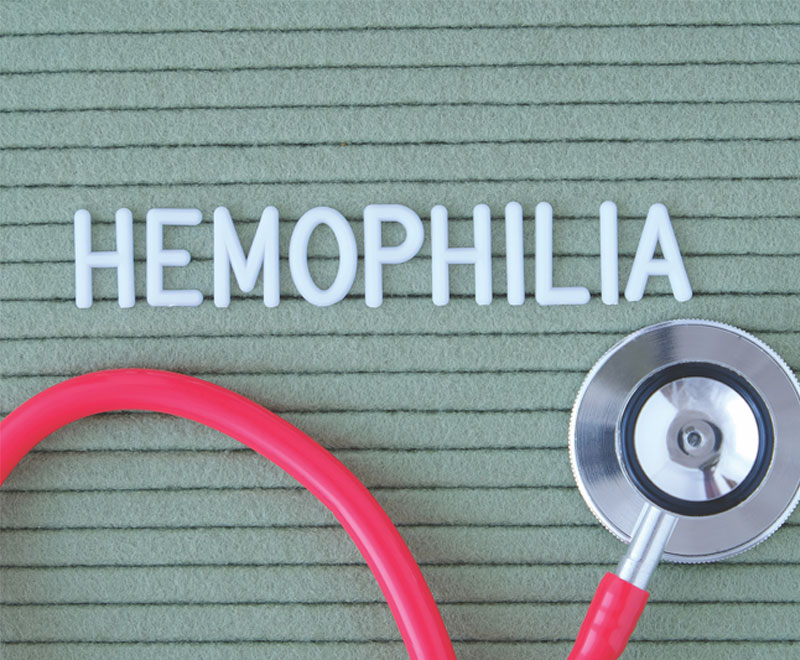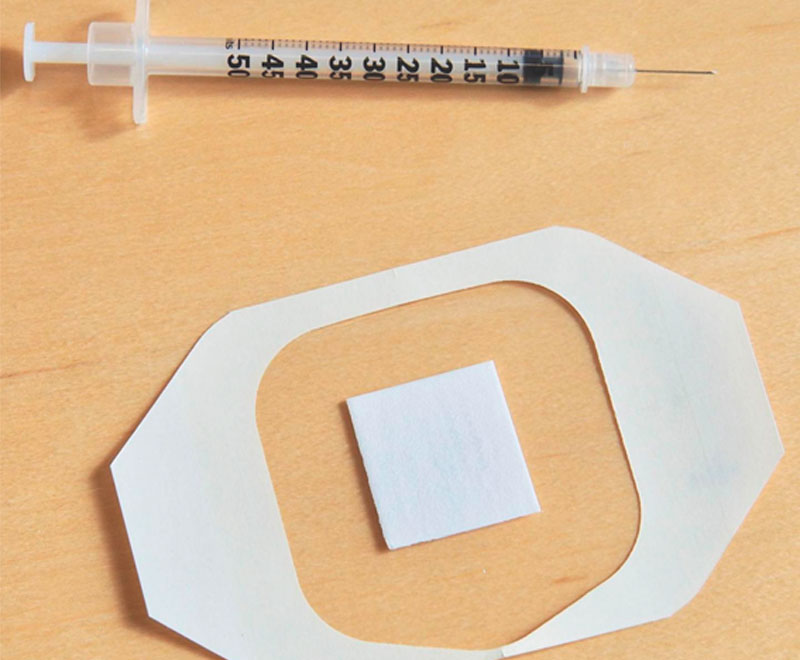High-Titer Inhibitors Reduced in PUPs with Severe Hemophilia A Treated with Fourth Generation Recombinant Factor VIII

A study in previously untreated patients (PUPs) with severe hemophilia A found replacement therapy with a fourth-generation recombinant factor VIII (FVIII) product was associated with an incidence of high-titer inhibitors similar to the rate seen in a landmark trial evaluating plasma-derived FVIII products.
CDC Analyses Show Flu Vaccine Reduces Risk of Hospitalization in Children and Death in Adults

Two analyses by the Centers for Disease Control and Prevention (CDC) show the influenza (flu) vaccine can reduce the likelihood of hospitalization in children and death in adults.
Study Finds Safe Treatment for Children with Severe Hemophilia A with Inhibitors

Researchers have found combining immune tolerance induction (ITI) with Hemlibra (emicizumab, Roche) is a feasible and safe way of treating children with severe hemophilia A.
Flu Vaccine May Reduce Risk of Heart Attack and Stroke in Hypertensive Individuals

A new study shows cardiovascular outcomes may improve in individuals with hypertension if they receive the influenza (flu) vaccine during the flu season.
Skin Patch Shows Promise for Delivery of Influenza Vaccine

Researchers at the University of Rochester Medical Center in New York City have developed a new type of skin patch that could replace needles as a method to deliver the influenza (flu) vaccine.
Researchers Uncover How Human Immunity Evades Influenza Virus

A new study that looked at how the influenza (flu) virus escapes antibodies found the site of the escape mutation varies among most individuals’ sera.
Plasma-Derived ApoA-1

Findings suggest CSL112 can boost cholesterol efflux capacity in patients with impaired endogenous HDL function. Encouragingly, several studies have documented its ability to reduce atherosclerotic plaque volume.
Stopping Alzheimer’s with a Preventative Vaccine?

Despite the many vaccine candidates undergoing clinical trials, experts doubt an effective vaccine for Alzheimer’s disease is on the horizon.
Researchers Discover New, Rare Autoimmune Disease

A previously unknown autoimmune muscle disease involving sudden onset of debilitating muscle pain and weakness has been identified by researchers at Washington University School of Medicine in St. Louis, Mo.
Scientists Uncover Breakthrough in Development of Universal Flu Vaccine

Researchers at the University of Melbourne have discovered immune cells that can fight all different kinds of the influenza (flu) virus.